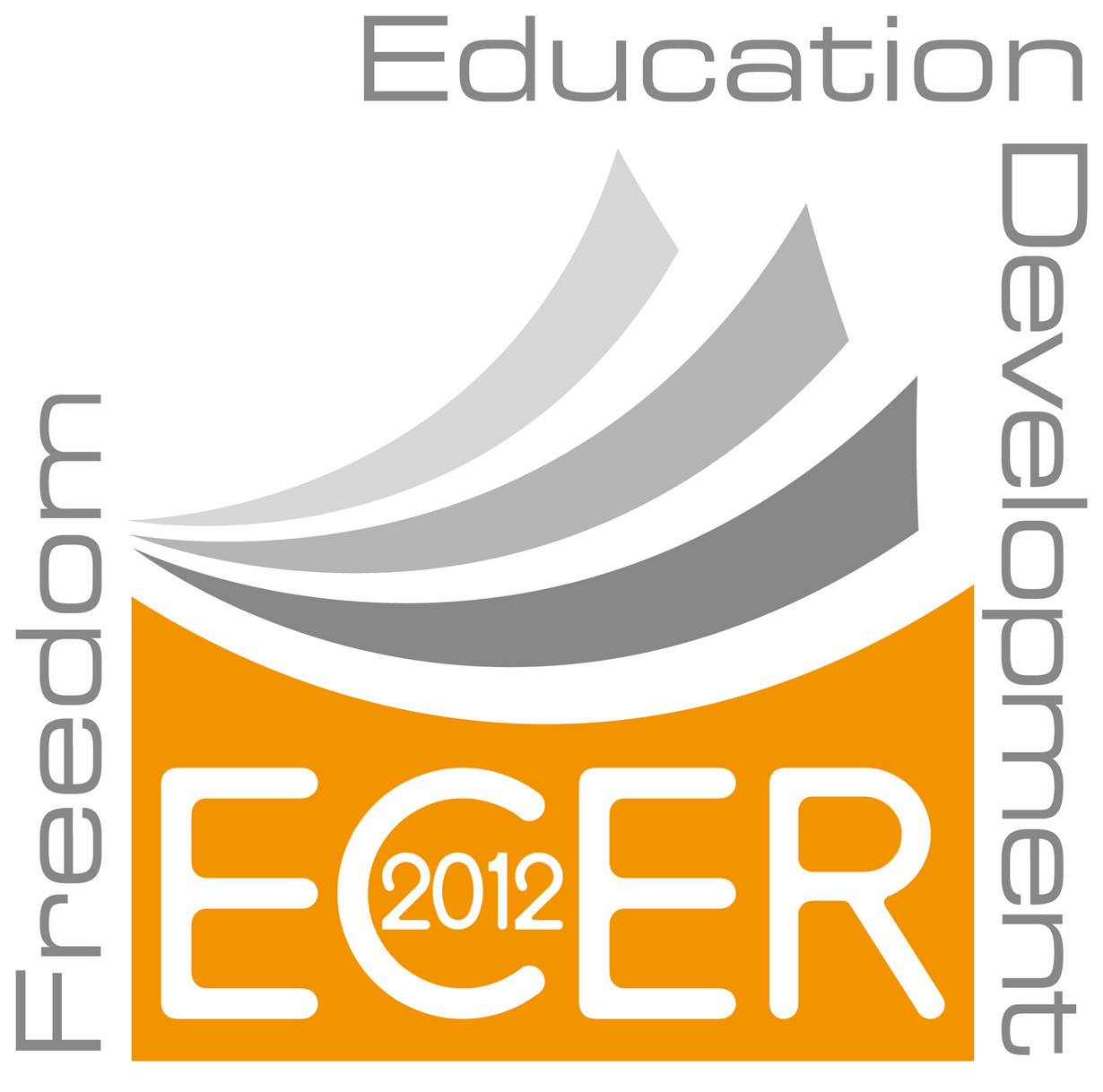Why choose ethnography?
Dennis Beach, Borås University College, Sweden
Sofia Marques da Silva, University of Porto, Portugal
The motivation to choose ethnographic methods and approaches to do research in educational settings and on educational phenomena can be found in aspects related to fieldwork, writing and interaction. Ethnography to some extent still means doing participant-observation; writing thick descriptions; deep interactions with participants, allowed by a long stay in the field. Paradoxically, several aspects mentioned as motivation are also identified as obstacles: ethnography demands a full time investment; the researcher starts the fieldwork with a “fragile” net of support in what concerns interaction and in what concern theoretical framework; also, the production of data depends deeply on the ethnographer, etc. Ethnography is seen as an interesting strategy for collecting data and to work on educational problems. However, it is chosen less and less by students who seem to “fear” ethnography. If we agree that there are ways of getting data speedily, that there are less stressful and less problematic methods in what concern validity and ethics, we can see why some educational researchers still think that ethnography is a relevant method to discuss and answer some educational problems.This workshop will address the question “WHY CHOOSE ETHNOGRAPHY?” and will discuss the above mentioned paradoxes by, amongst other things, referring to the Network history and trends in the past 10 years.
Place: Aula 2.1. FCEE
